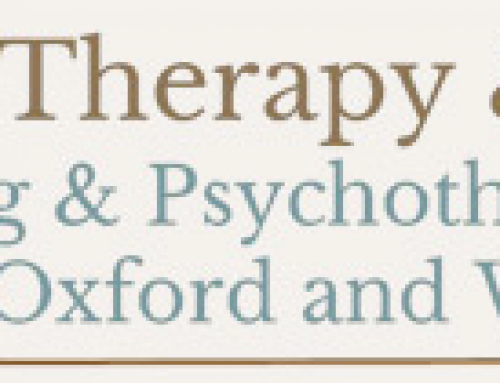The upshot is: not very 'durable' at all = 53% relapse, of those 79% within first 6 months - this is very much born out by anecdotal evidence we get from interviewing prospective clients in assessment sessions. When they talk about previous therapy experiences and CBT treatment, I would estimate 20% tend to report some marginal, temporary benefit, about 50% are dismissive and described as useless, and about 30% are outright derogatory. Now I'm not suggesting that this is the plain truth, and we need to take these kinds of reports with a pinch of salt, especially when they come to another new person for another assessment. There are experienced CBT therapists who combine CBT with other approaches, and there the anecdotal evidence gives a very different picture.
Summary interpretation of data:
The big headline is that the percentage of people deemed 'recovered' by IAPT is half that of what we thought before. 'Recovery' is only sustained at one year for 47% of people who considered themselves 'recovered' after Low Intensity. Now obviously we can criticise the idea of 'recovery' as used by IAPT for multiple ideological reasons. But this result is perhaps even more likely to lead to a rethink, for it troubles the figures IAPT that funding is based upon.
To make sense of this, it's important to look at the figures in a bit more detail. Let's take the national figures for the year from April 2014 to March 2015. IAPT figures states there were 1,267,193 referrals, with 815,665 starting treatment, and 189,152 experiencing what IAPT calls 'recovery'. So that's 14% of people referred or about 1 in 6 or 1 in 7 patients referred.
This new research suggests the figures might be even worse (though we can't conclude this definitely as the new study is not a national one, though it has a big sample size). If of the 189,152 of people who recovery, 53% have 'relapsed' by one year as the new study suggests, then can we say they have 'recovered'? Blatantly not. At best, then we can say 47% of people have really recovered i.e. had a recovery sustained at one year. To crunch the numbers, that's 47% of 189, 152 which is 88,901. We can then approximate that 7% of referrals to IAPT would sustain 'recovery' at one year. That is about 1 in 14 referrals. This figure is likely to be worse in deprived areas where outcomes are even less positive than in the figures above. This is a devastating blow for the IAPT project.
The original paper can be found here: http://www.sciencedirect.com/…/article/pii/S0005796717300840 [costs $20 - contact me for detailed summary]. A good summary of the implications is here.
See also: Swedish National Audit Office concludes: When all you have is CBT, mental health suffers, The Revolution in Swedish Mental Health Services: Update on the CBT Monopoly
Remission and relapse in a longitudinal cohort study
Highlights
• This longitudinal cohort study involved 439 patients who completed low intensity CBT.
• Patients provided depression and anxiety measures on a monthly basis up to 12 months post-treatment.
• Approximately 53% of cases relapsed within 1 year.
• Patients with residual depression symptoms at the end of treatment were twice as likely to relapse.
Background
Depression and anxiety disorders are relapse-prone conditions, even after successful treatment with pharmacotherapy or psychotherapy. Cognitive behavioural therapy (CBT) is known to prevent relapse, but there is little evidence of the durability of remission after low intensity forms of CBT (LiCBT).
Method
This study aimed to examine relapse rates 12 months after completing routinely-delivered LiCBT. A cohort of 439 LiCBT completers with remission of symptoms provided monthly depression (PHQ-9) and anxiety (GAD-7) measures during 12 months after treatment. Survival analysis was conducted to model time-to-relapse while controlling for patient characteristics.
Results
Overall, 53% of cases relapsed within 1 year. Of these relapse events, the majority (79%) occurred within the first 6 months post-treatment.
Conclusions
The high rate of relapse after LiCBT highlights the need for relapse prevention, particularly for those with residual depression symptoms.




Leave A Comment
You must be logged in to post a comment.